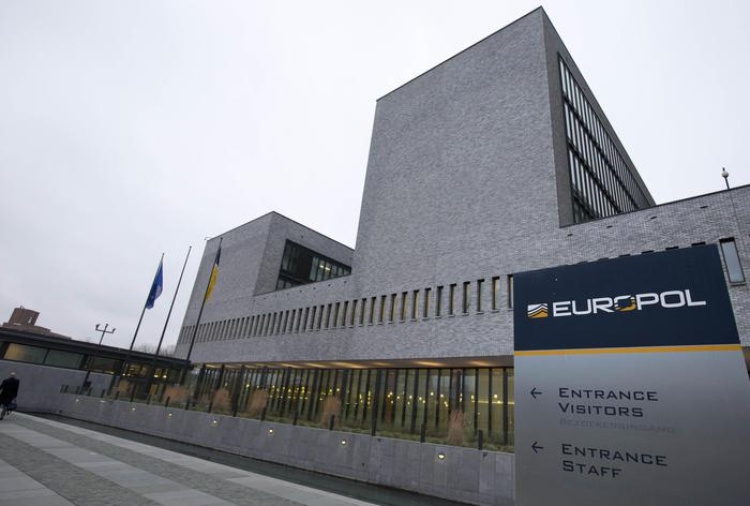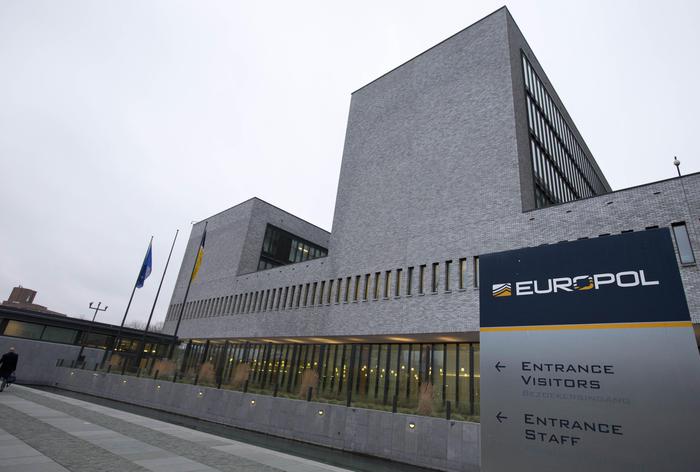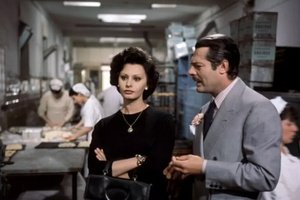Italian mafia groups, Albanians and Eastern Europeans, and “outlaw” motorcycle gangs were the biggest players, officials told a conference in The Hague, led by Italy’s anti-mafia agency and the EU police agency Europol.
Officials added that Asian, African and South American groups were also becoming increasing involved in Europe’s €110-billion-a-year organised crime business.
They also said that organised crime had been overshadowed in recent years as Europe faced a string of terrorist attacks and a pressing migration crisis, but that it now had to be tackled by cross-border cooperation.
“Currently organised crime constitutes the highest risk for EU internal security,” Jari Liukku, head of Europol’s European Serious and Organised Crime Centre, told a press conference.
“To prevent organised crime we have to act internationally, because the organised crime groups are already doing it.”
Giuseppe Governale, head of Italy’s Anti-Mafia Investigation Directorate, said the Sicilian Cosa Nostra, the Calabrian ‘Ndrangheta and the Neapolitan Camorra were still the biggest mafia groups, but added that the problem extended far beyond these main players.
“This is a European problem,” Governale said.
Last December, EU authorities announced the arrest of around 90 suspected ‘Ndrangheta mobsters in six countries in Europe and South America, in a major blow to organised crime across the continent.












